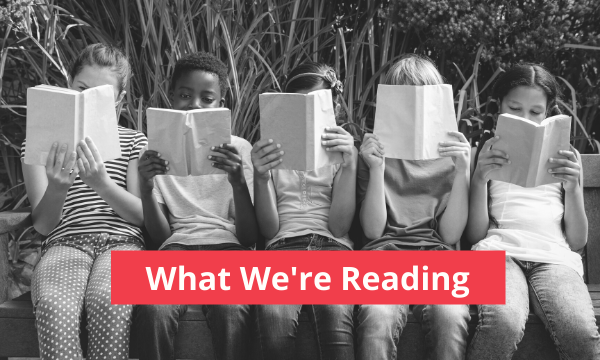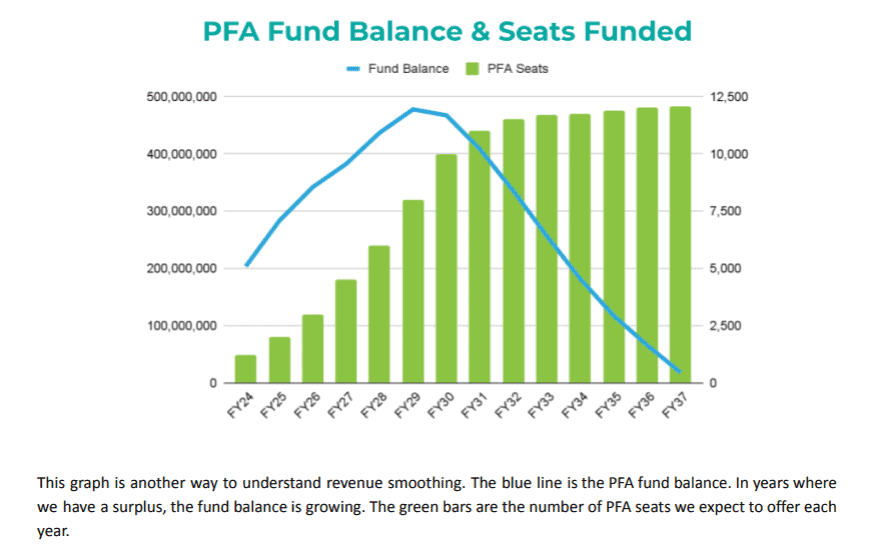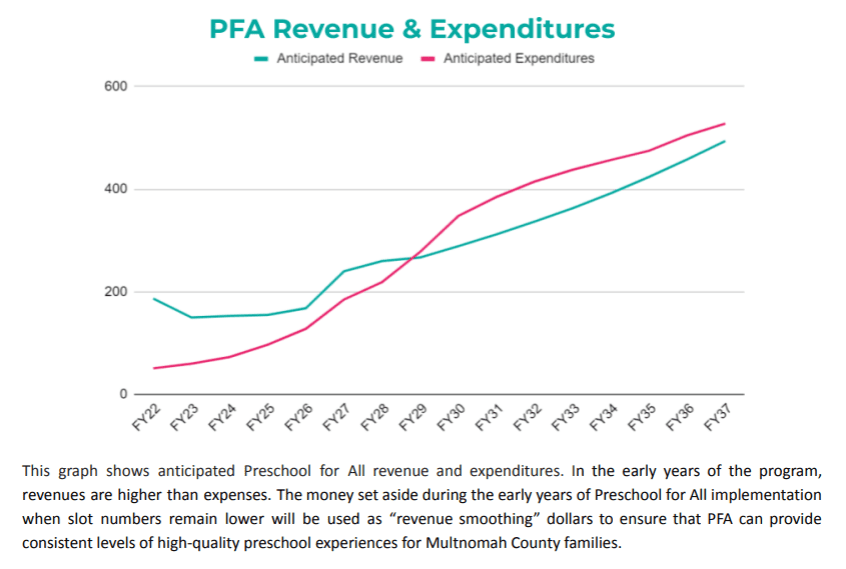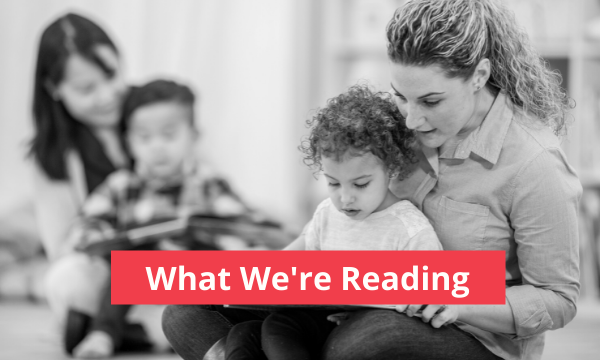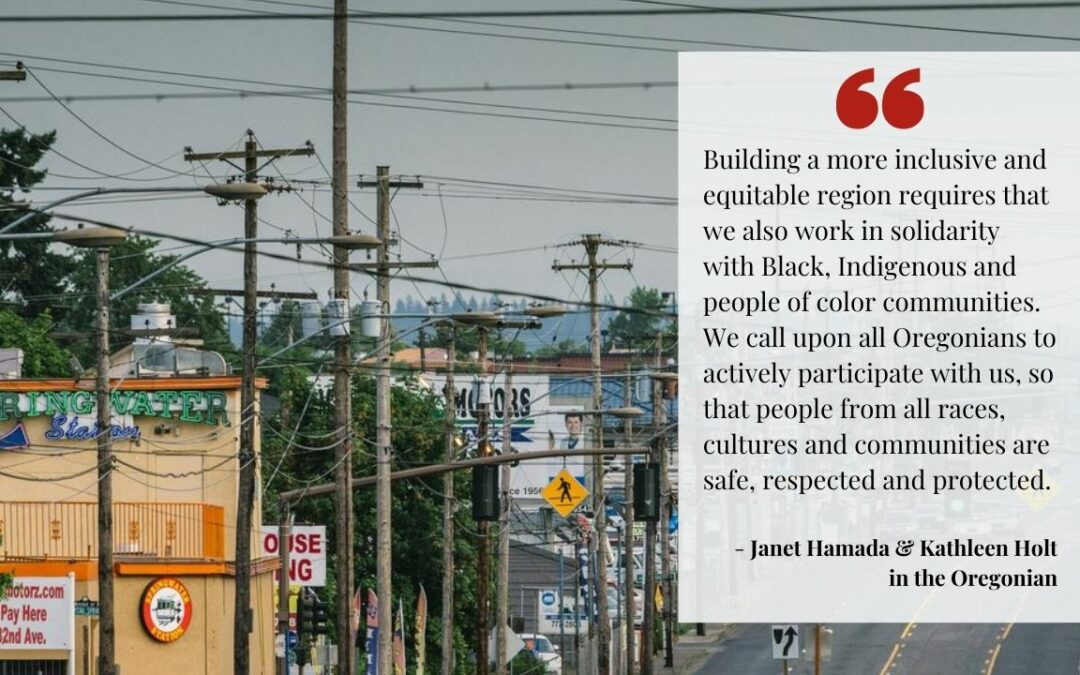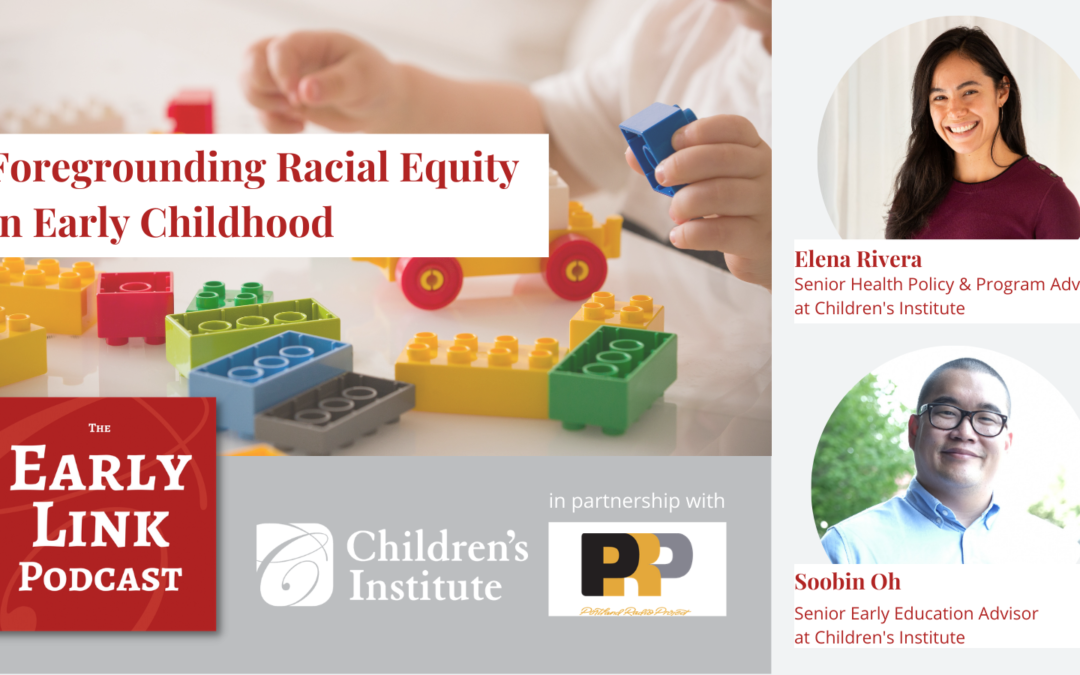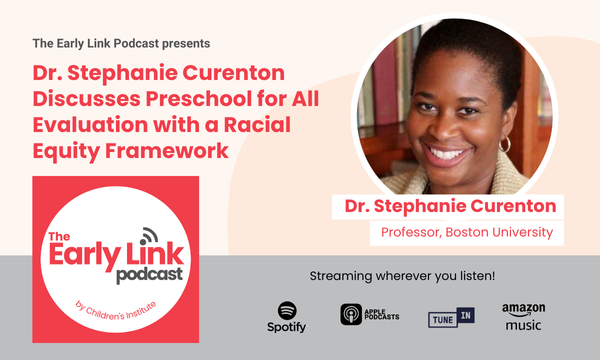
Dr. Stephanie Curenton Discusses Preschool for All Evaluation with a Racial Equity Framework
Summary
This episode of The Early Link Podcast features Dr. Stephanie Curenton, a professor at Boston University’s Wheelock College of Education and Human Development and the lead evaluator for Multnomah County’s Preschool for All program. Dr. Curenton brings her personal and professional expertise in early childhood development, emphasizing her passion for creating high-quality early learning experiences, influenced by her own time as a Head Start student.
Dr. Curenton outlines the objectives of the Preschool for All program, which is now in its third year, with a racial equity framework built into its design. The program, offering more than 2,000 preschool slots for the 2024-2025 school year, aims to create equitable access to early learning opportunities for families throughout Multnomah County. She highlights the intentional efforts to reach children from diverse racial, ethnic, linguistic, and socioeconomic backgrounds, emphasizing that equity must extend beyond race to include ability, gender identity, and financial considerations.
“What this mother said is nothing about us without us, and that was really this value of making sure that we center the voices of the children and families who are actually enrolled in this program and that they have a stake in this, and that they have access to all of this information to help learn and grow. I think for me, the responsibility as researchers that is placed upon us to make sure that we are sharing information and that we’re telling the stories of the community in a way that is respectful, a way that is really honoring who they are and the values that they place around this, and what the community has invested.”
More about The Early Link Podcast
The Early Link Podcast highlights national, regional, and local voices working in early childhood education and the nonprofit sector. The podcast is written, hosted, and produced by Rafael Otto, Children’s Institute’s director of communications.
Listen to more episodes of the Early Link Podcast here or stream on Spotify, Stitcher, Amazon Music, TuneIn, and Apple Podcasts.

